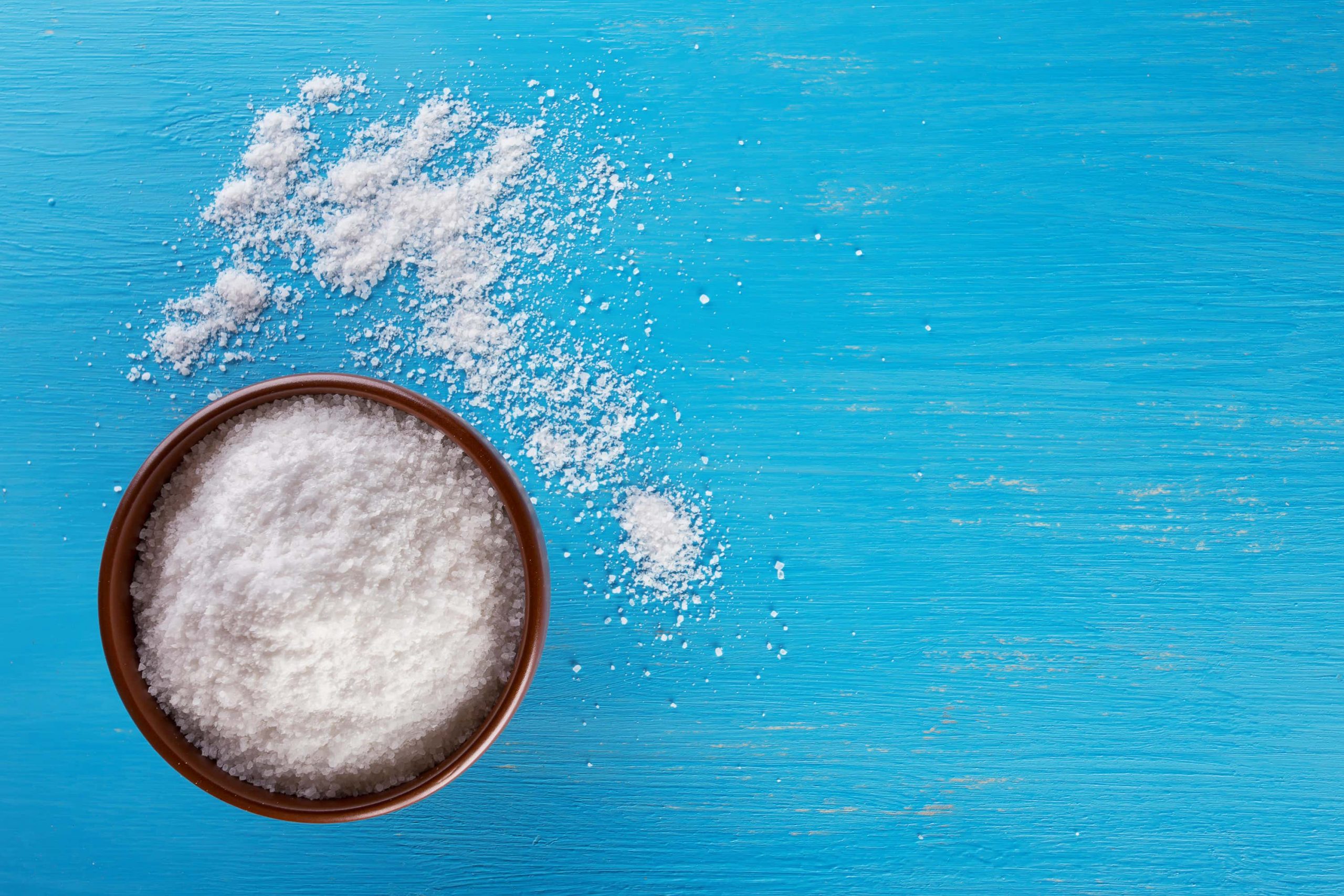How too much salt affects our health
The British Heart Foundation is calling for urgent action
Fond of salty snacks? Always sprinkling salt on your dinner? Like many people, you could be consuming too much sodium – the dietary mineral found in salt – and experts are worried about the impact it’s having on our health.
The British Heart Foundation is calling for urgent action, saying people are consuming ‘far higher levels of salt than they realise’. The charity believes introducing a levy to curb the salt content in food could potentially save lives.
Efforts to reduce UK salt intake were successful in the early 2⃣0⃣0⃣0⃣s, but progress has stalled❌
That’s why we’re calling on Government to explore a mandatory industry measure to encourage reformulation, such as the wholesale levy suggested by the @food_strategy pic.twitter.com/TFbd3IwcEn
— BHF Policy (@BHFpolicy) June 21, 2022
“Excess sodium intake is extremely common across the world,” agrees Dr Jay Shah, cardiologist and Chief Medical Officer at Aktiia, who make 24/7 wearable blood pressure monitors. “The average intake of sodium is about double the recommended [amount].”
It’s true we need some salt. But according to the NHS, adults should consume no more than 6g of salt per day (2.4g of sodium), which is about one teaspoon. Part of the problem though is that many foods we buy already contain lots of ‘hidden’ salt, particularly processed foods like bread, sauces, soups, cereals and bacon/ham.
So, what is excess salt really doing to our bodies?
Water retention
Ever feel puffy or more bloated after salty meals? These things are often linked with water retention – and salt can be a factor here, as sodium plays an important role in how we regulate fluid levels in the body.
High blood pressure
This isn’t just about puffiness though. It’s also a major factor in high blood pressure, heart disease and stroke – a leading cause of death and serious disability in the UK. According to experts, some 80% of strokes could be prevented, largely by addressing high blood pressure – and reducing salt intake is key.
As Dr Shah says: “High salt intake is one of the causes of high blood pressure, which is the most common reversible risk factor for cardiovascular death and disease.”

Getting your blood pressure checked regularly is important
Victoria Taylor, senior dietician at British Heart Foundation, explains: “We need some salt in our diet, but if we eat too much salt it’s linked to raised blood pressure. This is because the sodium in salt makes our bodies hold onto water and the more water in our blood vessels, the higher our blood pressure gets. High blood pressure can put you at risk of developing heart and circulatory diseases.”
It’s important to note that high blood pressure usually doesn’t cause noticeable symptoms, which is why getting it checked regularly is so important. Keeping salt intake to a suitable level can help, but some people require medication to help manage high blood pressure too.
Stomach cancer
Stomach cancer is the fifth most common cancer in the world (although it’s considerably less common in the UK), and a diet high in salt has been associated with the disease.

Salt may play a role in stomach damage
According to World Cancer Research Fund International, the stomach lining ‘may develop lesions if too much salt is consumed, which can eventually lead to enough damage to cause cancer to develop’.
It’s believed a crucial element here is how salt influences H.pylori, a bacterial infection which can damage the stomach and is associated with a higher risk of stomach cancer. High salt intake has been found to worsen these effects.
Osteoporosis
A number of things are recognised as risk factors for osteoporosis, a condition that causes bones to become thinner and weaker – such as hormone changes in menopause, certain other conditions and medications and nutritional deficiencies. Too much salt may also have an impact on bone health.
High blood pressure has no symptoms and silently increases risk of suffering from heart attacks & strokes. But it’s largely preventable through salt reduction. With most of our salt already in foods we buy, food industry hold the key to our health. #BHFSaltReport @BHFpolicy pic.twitter.com/opOyxiRkbj
— Action on Salt (@actiononsalt) June 21, 2022
According to World Action on Salt, Sugar and Health (WASSH), high salt intake may increase urinary excretion of calcium – and calcium is vital for healthy bones. Research suggests this is particularly important during adolescence, a vital time for developing strong bones.
What can you do about it?
“The majority of salt in our food is already there before we buy it. This means we end up consuming more than we realise,” says Taylor. “Cutting down on salt in our diets is an important way we can help to keep our blood pressure under control and reduce our risk of having a heart attack or stroke.”
This means thinking twice before adding salt to meals, and getting in the habit of checking salt/sodium contents on food labels.
“To keep your heart healthy, focus on eating more fruit, vegetables, fish, pulses and whole grains, and cutting down on foods high in salt, sugar and saturated fat like cake, biscuits and sweets,” she adds. “Exercising regularly, quitting smoking, and maintaining a healthy weight are also important ways to reduce your risk of heart and circulatory diseases.”
Always speak to your doctor if you are worried about your health or diet.
The Press Association
Latest posts by The Press Association (see all)
- The Princess of Wales pays tribute to the late Queen in burgundy ensemble for Qatar state visit - December 3, 2024
- Give your garden wildlife some home-made Christmas treats - December 2, 2024
- What is surgery prehabilitation and why is it important? As Joe Wicks launches get ‘fit for surgery’ videos for elderly - November 30, 2024
- How to manage your arthritis in the cold weather - November 30, 2024
- How to help a child through grief - November 28, 2024





















